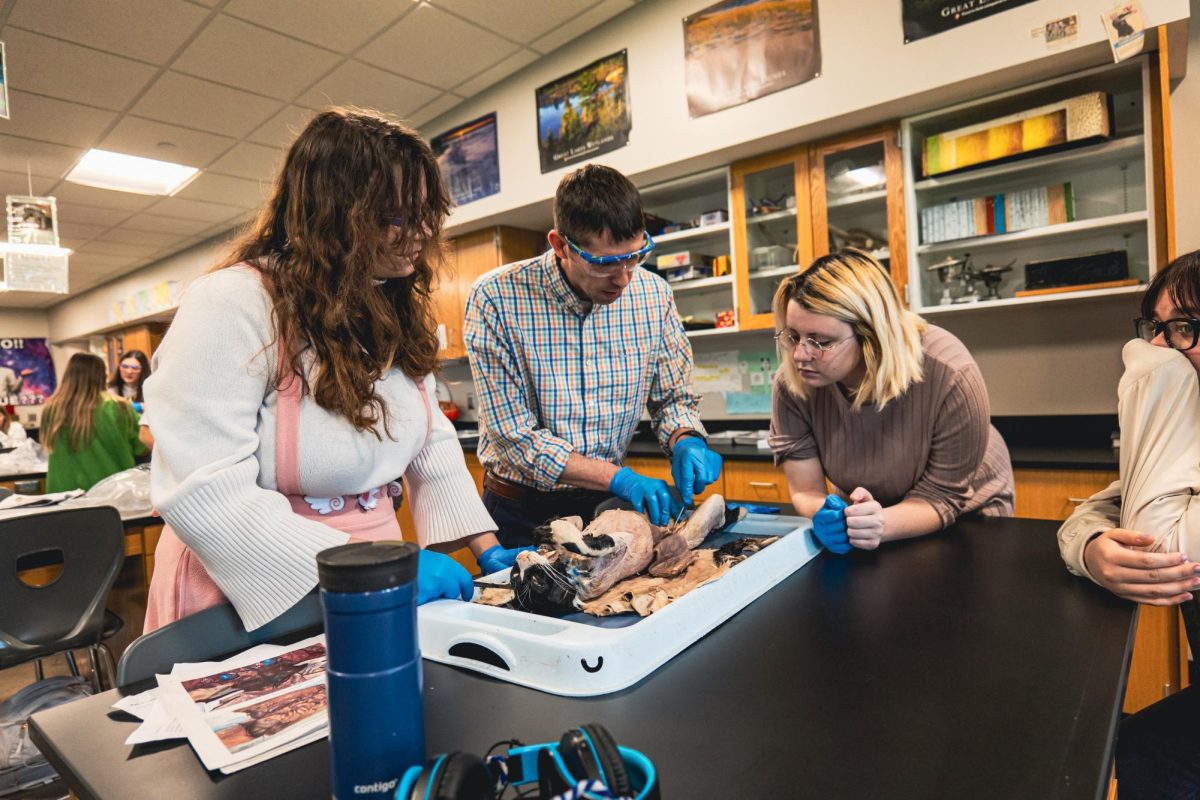The U.S. Military is in the midst of a recruiting crisis they have never seen before. The pandemic was a huge hurdle for recruiters, and contributed to the declining number of people signing up for the military. But even after the pandemic ended, recruiting numbers continue to decline. The reason behind the decline is simple, but has been overlooked.
According to the U.S. Military Recruiting Database, 71% of the population does not qualify for service due to physical and mental health problems, obesity, and drugs.
Army National Guard recruiter David Daley revealed that during the pandemic, the initial phase of recruiting went virtual, and it was harder to get people’s attention, as well as make that emotional connection. While the pandemic did have its downsides, Daley shared that he had become more tech savvy and was better able to understand electronics.
After the pandemic, the military increased the qualification requirements for recruits that dealt mostly with the physical and mental health of potential recruits. There are now stricter regulations in place regarding what physical and mental conditions that a recruit can have while still being fit to serve.
What was once a process that could register a recruit in a week, has doubled due to these policies. Daley stated in the Air Force, the wait time is at least a month. These new requirements were implemented after the pandemic hit, but these regulations were not set in place because of the pandemic.
“This [change] didn’t happen because of COVID, it happened because it needed to,” Daley said.
Daley stated that recruiters could improve upon how they connect with potential recruits moving forwards. He said that before the pandemic, recruiters were less transparent with how long it would take to get them registered, and what injuries or medical conditions would prevent them from serving.
According to Daley, honesty and transparency is key to recruiting. He had stated that previously recruiters had been less transparent about what health requirements possible recruits met, as well as how fast they would be able to serve. He explained that this has been crucial because as technology advances, potential recruits would be able to find that information online, and if that information does not match what recruiters say, that could make recruiters seem untrustworthy.
These stricter regulations are preventing future recruits from joining the military, and this could have an impact on the U.S.’s readiness in a time of conflict.














LaVonne • Dec 12, 2023 at 2:51 pm
Nice article Brendan
bob • Dec 10, 2023 at 11:59 am
Enjoyed the article. Well documented from recruiters standpoint. Could use potential recruit input via interview. Well edited for “correctness.”